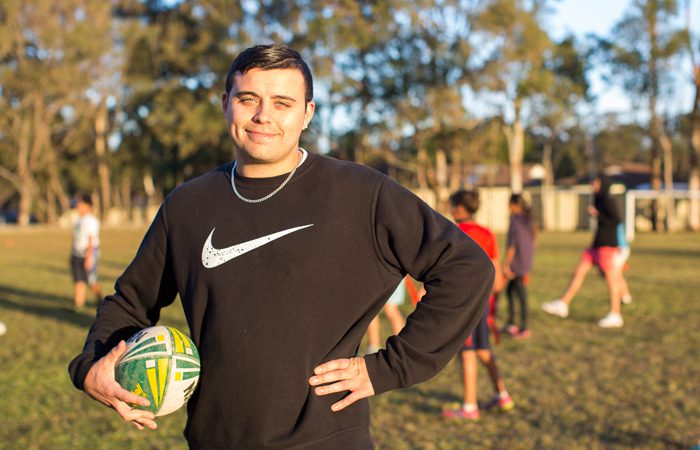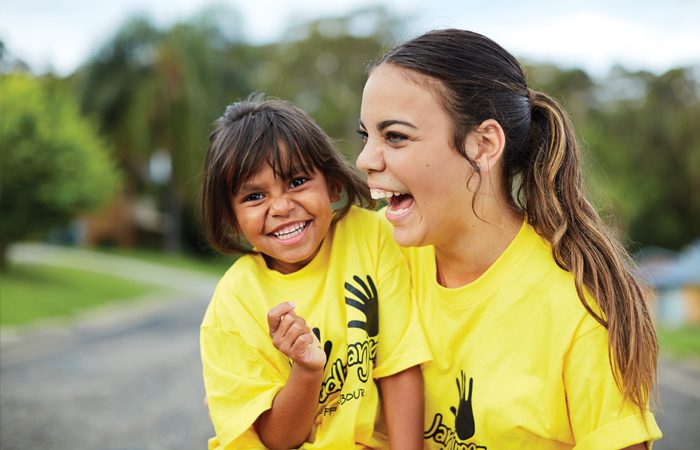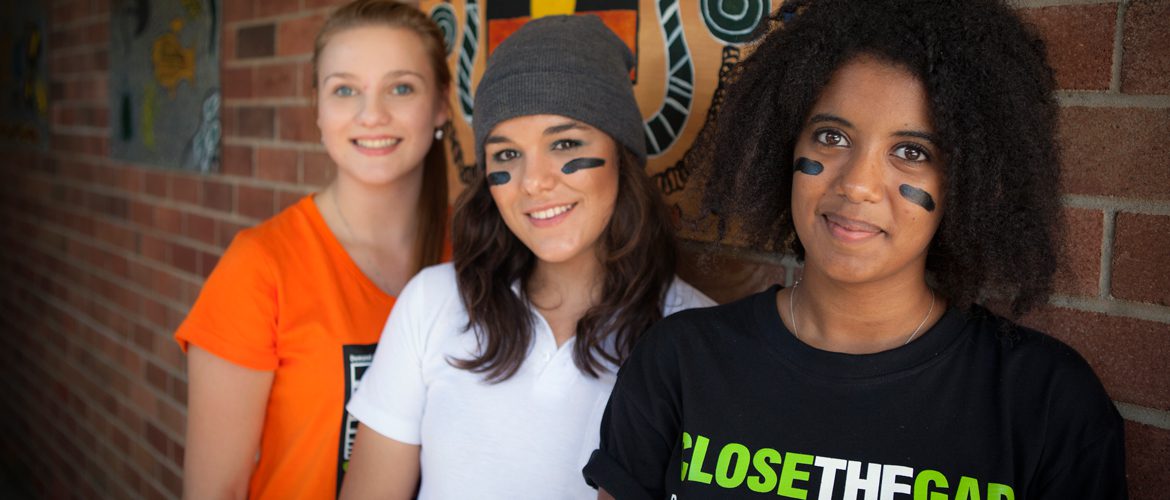OUR WORK IN AUSTRALIA
Quick facts
- 690,000 Aboriginal and Torres Strait Islander people
- 24 million people
- 0.3% living on less than USD $1.90 / day
- 16.9% of women have experienced intimate partner violence
Poverty is as real in this country as it is in developing countries.
Aboriginal and Torres Strait Islander Peoples remain the most significantly disadvantaged group in Australia. Decades of racism and dispossession are reflected in the disproportionate levels of poverty, unemployment, chronic illness, disability, lower life expectancy and incarceration.
Oxfam Australia works with and alongside Aboriginal and Torres Strait Islander Peoples to challenge these injustices.
We’re dedicated to working in partnership with individuals, organisations and communities to help achieve self-determination and ensure Aboriginal and Torres Strait Islander Peoples have access to the tools and capacities needed to live strong, proud and healthy lives.
Key areas of work
Self-determination, Health and Life Expectancy Gaps, Governance and Leadership
One story of change

Having worked with at-risk youths in his community in southwest Sydney, Rhett Burraston was frustrated at the lack of programs providing long-term support to young Aboriginal people.
“It’s the system, not the individuals; it’s the way things have always been done,” said Rhett.
Too often a program would commence with no planned conclusion in place, leading to a sharp drop in attendance and community interest.
“Giving kids a chance to just kick a ball isn’t going to solve their problems. I want to set a precedent on building relationships, having outreach and rapport with young people, and establishing a grassroots connection to community.”
In 2012 Rhett joined ChangeCourse, a program run by Oxfam Australia that provides opportunities for young Aboriginal and Torres Strait Islanders to proactively make change within their communities. During the two-year program, Rhett worked with mentors, was given training and learning opportunities, received a small grant and attended forums to share his experiences and goals.
Today, Rhett runs an after-school sports program in his hometown of Airds, which works with Aboriginal kids over the long term, ensuring they are happy, healthy and have goals for the future. “I want to create positive change for young people in Aboriginal communities,” Rhett says. “If you can’t do that in your own community, how can we do it on a national or even state level?”
HOW YOU CAN HELP

Did you know that Aboriginal and Torres Strait Islander Peoples have a life expectancy 10 years less than other Australians? Help us change that by making a donation today.

